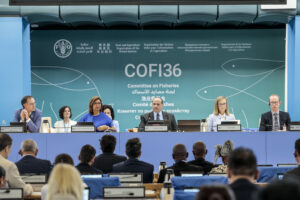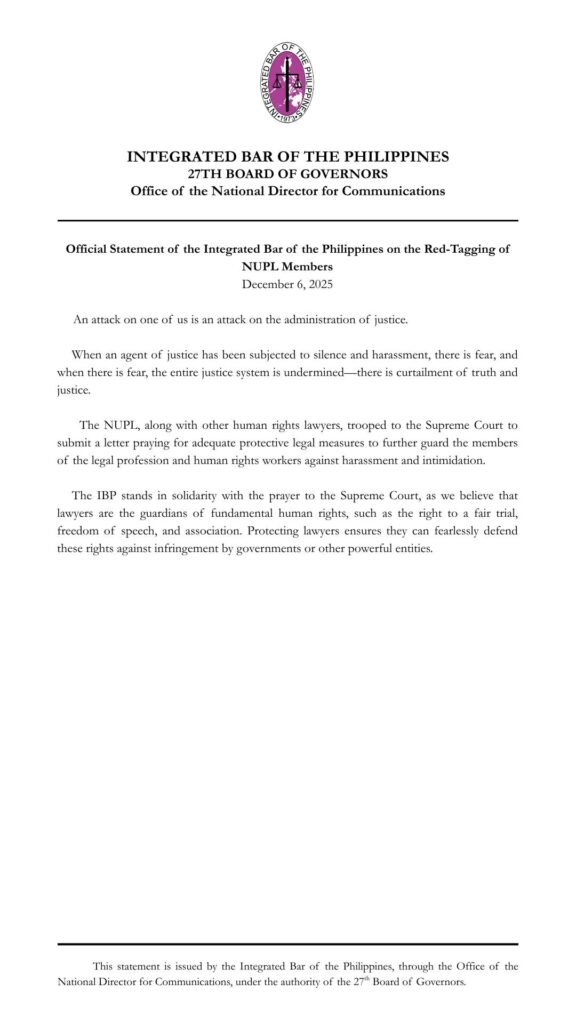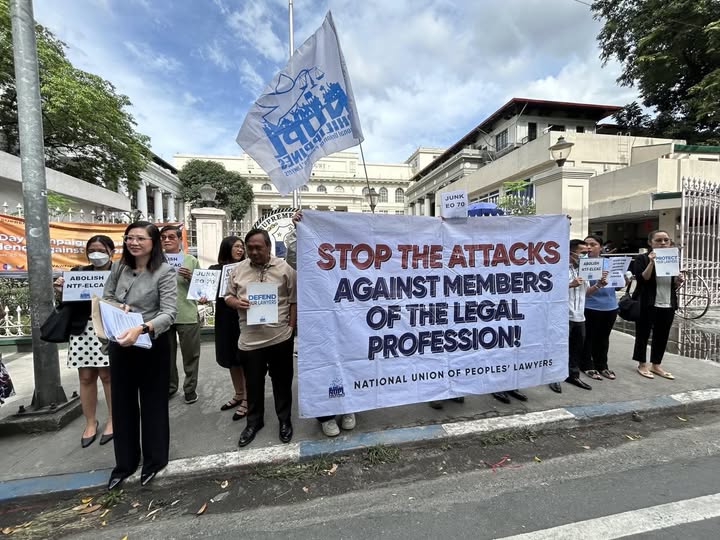Photo caption: Wold leaders and other stakeholders in fisheries and aquaculture gathered for the 36th session of the Committee on Fisheries (COFI36) meeting at the Food and Agriculture Organization (FAO) in Rome last July 8 to tackle the critical role that the industry is playing in ensuring food security and economic stability and sustainability. The session will end on July 12th. (Photo courtesy of FAO/Cristiano Minichiello)
The vital of fisheries and aquaculture takes center stage in ensuring food security and sustainable economic growth, as the UN Food and Agriculture’s (FAO) Committee on Fisheries (COFI36) opened its 36th session in Rome last July 8. COFI36 is the largest global gathering of policymakers, experts, and partners in the fisheries and aquaculture sector.
“An increasingly expanding global aquaculture sector is driving the supply of fish and fishery products to new records. In 2022, aquaculture overtook capture fisheries as the main supplier of aquatic animals. Ensuring the expansion of sustainable aquaculture is of fundamental importance for consumers,” Qu Dongyu, the Director-General of FAO, said in a video message at the session’s opening.
The five-day session will tackle the role of aquatic foods in global food security and nutrition, their potential as a solution to climate change, and the contribution of effective management to long-term biodiversity goals. Moreover, the session will also explore possible solutions and actions to address pressing challenges confronting aquatic food systems, such as climate change and plastic pollution.
“Central to the discussion will be efforts to enhance data collection and stock assessment systems to inform fisheries management, urging countries to strengthen evidence-based policymaking. At the session, the first results of FishMIP 2.0, a global initiative forecasting the impact of climate change on marine ecosystems and fisheries under different future climate scenarios, will be presented,” the COFI36 said in a statement.
“Biodiversity conservation will feature prominently, with a call to delegates to discuss the implications of the Kunming-Montreal global biodiversity framework on fisheries and aquaculture in both large marine ecosystems and in areas beyond national jurisdiction,” it added.
Meanwhile, last month, FAO issued the latest edition of its “The State of World Fisheries and Aquaculture” (SOFIA) report which showed that world fisheries and aquaculture production hit a new high of 223.2 million tonnes in 2022.
In his message, Qu pointed out that aquatic foods must contribute further to the fight against hunger and malnutrition for a growing population.
However, to ensure this, the sector needs to ensure aquaculture continues to grow sustainably, particularly in food deficit regions, and that successes in setting effective fisheries management systems are extended to fisheries whose sustainability is challenging, Qu said.
Qu also stressed the urgency of developing the value chains of aquatic foods, including reducing loss and waste and facilitating product access to markets. (NOEL SALES BARCELONA)




